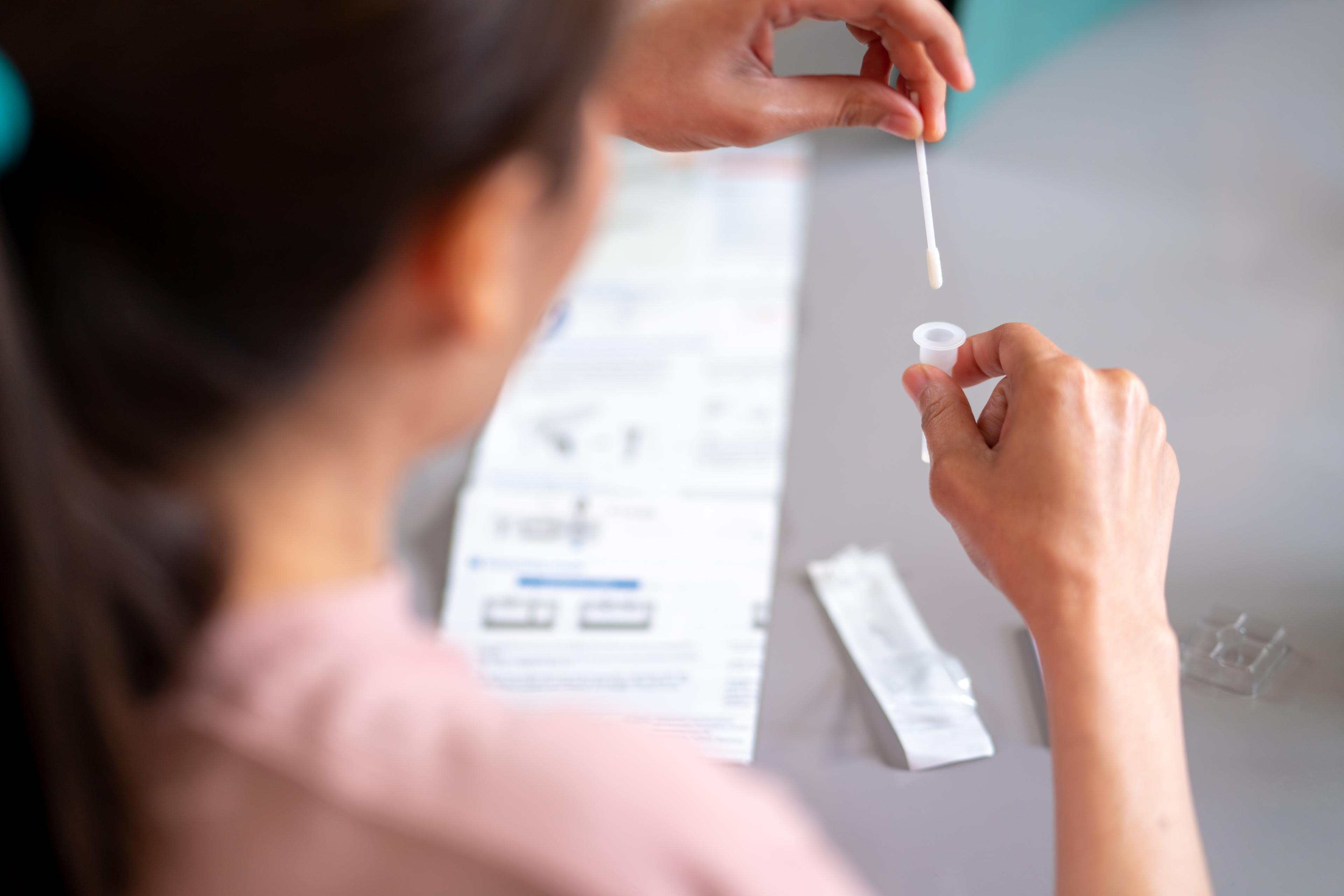COVID-19 Season 2024-2025: What You Need to Know

Lindsay Knake
| 3 min read
Lindsay Knake is a brand journalist for Blue Cross Blue Shield of Michigan.

The U.S. Centers for Disease Control and Prevention (CDC) project the hospitalization rate from COVID-19 illness in 2024-2025 will be similar to or lower than the previous respiratory virus season.
This depends on the progression of the summer wave of COVID. If the summer wave continues and doesn’t peak before October, the CDC’s modeling predicts the autumn and winter wave could peak in late December. If the summer wave peaks before October, however, there could be a second, smaller wave in mid-January.
This prediction assumes similar vaccine rates as last year and new variants of COVID-19, per the CDC.
In Michigan, COVID cases increased through the summer months and peaked in late August with 4,700 reported cases per week. The state of Michigan reports cases in September have declined, with 3,238 reported cases per week as of Sept. 28.
The CDC also notes the number of COVID-19 cases as of Sept. 24 in Michigan is declining.
As of Sept. 26, U.S. households can order up to four free rapid-antigen COVID-19 tests at COVIDTests.gov. The tests will detect current COVID variants.
What are symptoms of COVID-19?
COVID-19 symptoms appear two days to two weeks after exposure. They can range from mild to serious. Symptoms of the current COVID variants are consistent with previous versions and include:
- Fever or chills
- Cough
- Shortness of breath
- Sore throat
- Congestion or runny nose
- New loss of taste or smell
- Fatigue
- Muscle or body aches
- Headache
- Nausea or vomiting
- Diarrhea
People who are more likely to have more severe COVID include people age 65 or older, unvaccinated people and people with certain medical conditions such as heart disease or a weakened immune system.
Seek emergency treatment if you have trouble breathing, persistent chest pain or new confusion.
The CDC recommends people who have COVID:
- Stay home until symptoms and fever are gone for 24 hours without medication
- Isolate while exhibiting symptoms
- Mask for five days after illness
To treat COVID, there are U.S. Food and Drug Administration (FDA) antiviral medications available:
- Remdesivir, or Veklury, an intravenous infusion at a healthcare setting for adults and children
- Paxlovid, or Nirmatrelvir with Ritonavir, an oral medication for adults and children 12 years and older
- Molnupiravir, or Lagevrio, an oral medication for adults only
If you become sick with COVID-19, talk to your doctor about the best treatment for you. Start any treatment five to seven days after becoming sick in order for them to work, according to the CDC.
When should I get the COVID vaccine?
New monovalent vaccines from Pfizer-BioNTech and Moderna are available and include protection against the Omicron variant KP.2 strain. The Novavax shot targets the Omicron variant JN.1.
The CDC recommends everyone age 6 months and older receive a dose of the updated COVID vaccines by the end of October. Those who received the 2023-2024 vaccine had greater protection against illness and hospitalization than those who didn’t.
Blue Cross Blue Shield of Michigan covers the new COVID-19 vaccine. To find a vaccine near you, search vaccines.gov, text your ZIP code to 438829 or call 1-800-232-0233.
Talk to your primary care provider if you have an underlying condition to make sure the new COVID-19 vaccination is safe for you.
Image: Getty Images
Related:





